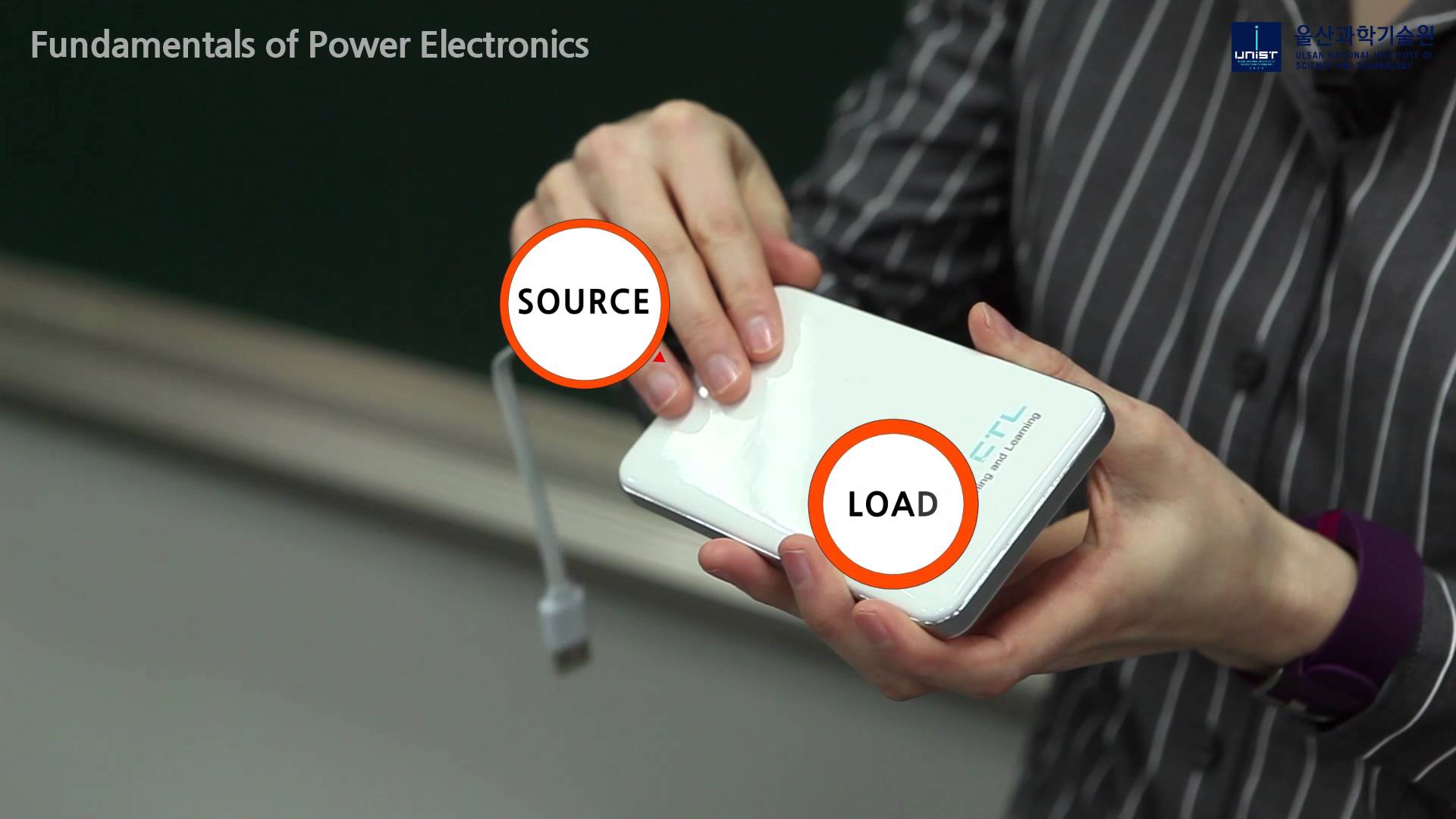Number of electric cars worldwide climbs to 1.3 million
In its latest analysis, the Centre for Solar Energy and Hydrogen Research Baden-Wuerttemberg (ZSW) found that electric mobility is making significant inroads. The researchers' fact-finding efforts revealed that the number of electric cars around the globe nearly doubled to currently around 1.3 million. While China saw the steepest rise with more than 200,000 new vehicles last year, the USA has the world's biggest fleet overall with more than 400,000 electric vehicles on the road. With 55.250 electric cars, Germany continues to lag far behind countries such as Japan, the Netherlands, Norway and France.
Last year the number of electrically powered cars increased worldwide by almost 750,000 to around 1.3 million. The ZSW came to this total in its latest assessment of developments in electric mobility. The researchers recorded around 550,000 new registrations in 2015, up 68% from last year when 330,000 new electric vehicles were sold. Many of these new electric cars - just over 207,000 - are motoring on China's roads. And with that, the fleet of electric vehicles in China has tripled in number to 307,000. More electric cars - a total of 410,000 - are registered in the United States than in any other country.
Norway defended its international lead in terms of electric vehicles' percentage share of all cars nationwide: Around 3% of some 2.64 million cars in this Scandinavian country run on electricity. By comparison, the share in Germany is just 0.12 percent. What's more, Norway nearly doubled the size of its fleet to about 79,000 cars. Every fifth new registration last year was an electric vehicle.
While customers in other countries such as China, Japan and France have long bought predominantly domestic models, this trend is also on the upswing in Germany thanks to a growing number of German models: Just over half of the 23,460 electric vehicles sold in Germany in 2015 were built by German manufacturers. This was also the first year that a German-made model appeared on the list of best-selling e-cars worldwide with 36,550 BMW i3s on the road. The Nissan Leaf heads up this list with 193,260 sold since 2010.
The Tesla Model S took the top spot among new registrations in 2015 with 42,730 vehicles sold. The US carmaker's model edged out a pair of Japanese models, the Mitsubishi Outlander (41,080) and the Nissan Leaf (40,270) in the rankings. It was also the first time a Chinese manufacturer earned a spot among the market leaders with 31,900 BYD Qin sold.
"The number of electric vehicles manufactured in the past year, 550,000, clearly indicates that industrialization is picking up momentum," says Prof. Werner Tillmetz, a member of ZSW's board of directors and head of the Electrochemical Energy Technologies division. "With the continued high growth rates, electric mobility-centered value creation is rapidly gaining in importance. We don't want to miss the boat in Germany, a business location where the automotive industry and its suppliers figure so prominently. Key electric mobility technologies such as the lithium-ion battery have to find their place in the German manufacturing portfolio," adds Tillmetz.
For many years now, around 95% of traffic on the road has been based on fossil fuels, which comes with all the associated problems for the environment and climate. Electric mobility is aimed to help mitigate these problems. "Our calculations show that just 1.7 percent of green electricity produced in 2015 in Germany would be enough to operate one million electric vehicles," says ZSW researcher Andreas Puettner. "And everyone in Germany can draw on green electricity, even for his electric car, and thereby bring about an energy transition in the transportation sector," says this expert in closing.
ZSW researchers tallied cars with battery-powered electric drives, range extenders and plug-in hybrids. They did not count motorcycles, trucks, buses or full and mild hybrid vehicles. The evaluation is based partly on data sourced from the German Federal Motor Transport Authority as well as from government agencies and NGOs abroad.



































